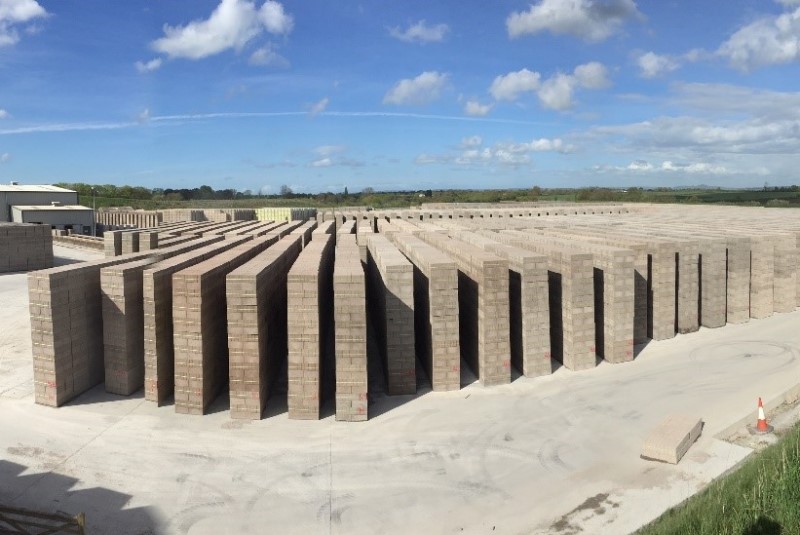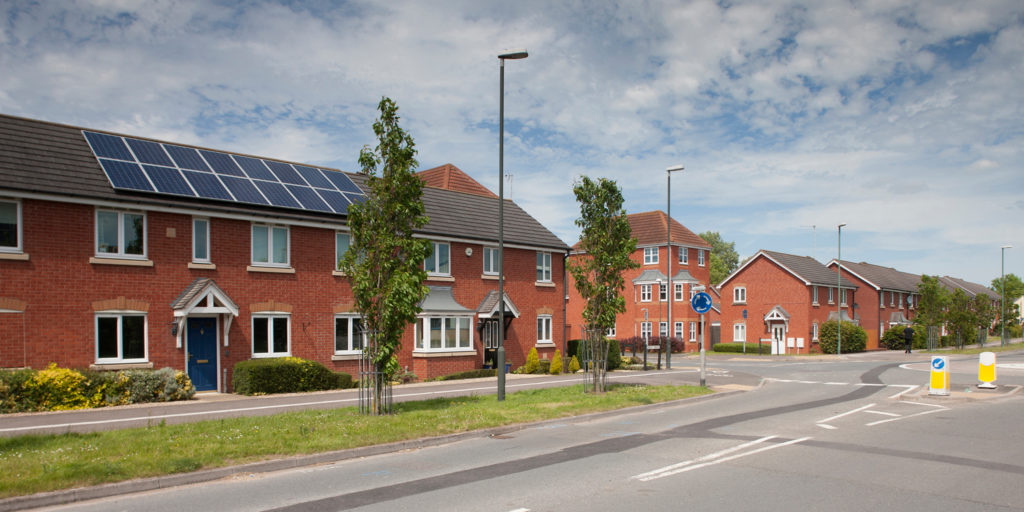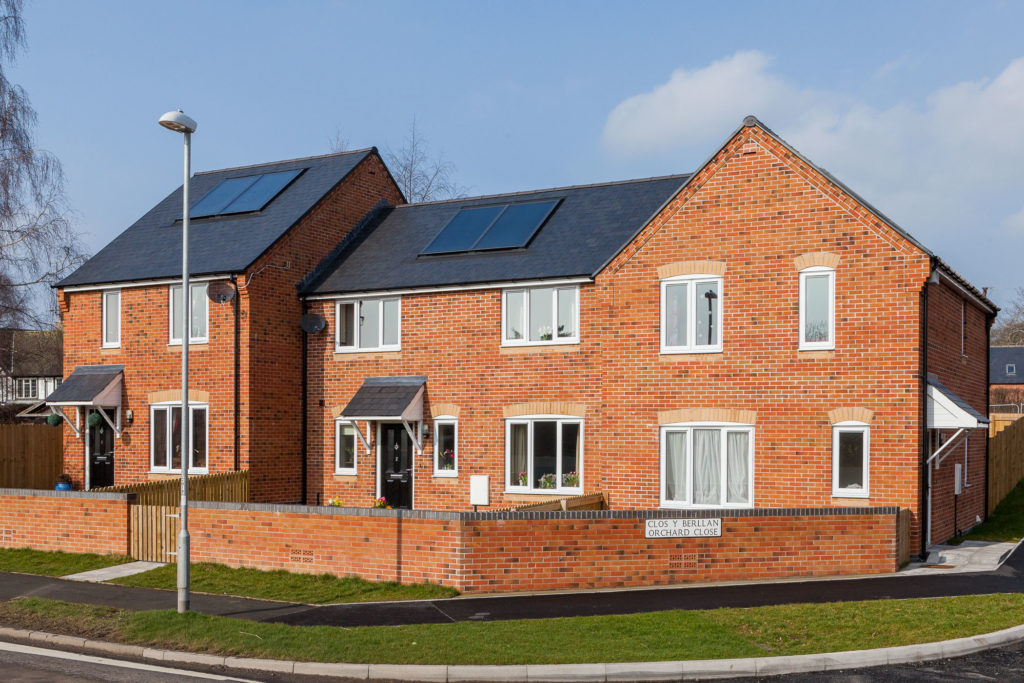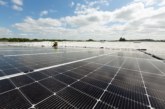
Chris Stanley, Housing Manager – Modern Masonry at the Concrete Block Association, discusses the importance of promoting sustainable construction solutions and outlines the renaissance of traditional materials.
As we continue into the decade ahead, sustainability has pride of place on the agenda for the UK’s built environment professionals. Tireless work across countless sectors has made this possible and now building product manufacturers must carry the torch on the way to Net Zero 2050.
There is, understandably, excitement and optimism around the role new green solutions and technologies play in this. However, relatively recent innovations, such as ground and air source heat pumps as well as AI-backed infrared technology, are currently expensive to install and operate.
Accordingly, we mustn’t dismiss what’s ‘traditional’ as outdated. Manufacturers of tried and tested building products, including our own Modern Masonry membership, have evolved to incorporate sustainability throughout their operations, going beyond manufacturing to include the products full life, supply chain and thermal performance.
Fundamentally, in a green context, well-established methods have more to offer than perhaps initially meets the eye. Let us take the simple yet highly efficient concrete block as an example.
 Well composed
Well composed
In recent years, considerable investment has been made into the make-up of blocks as manufacturers seek to produce the material in a circular way. All our members, including some of the most recognised brand names in the industry, are dedicated to using aggregates in blocks that are 100% recyclable at end of use — and this eases pressure on excavating virgin resources and recapturing all embodied carbon at end of life.
Furthermore, intensive research is being done into utilising waste materials in concrete products. PFA (Pulverised Fuel Ash) and FBA (Furnace Bottom Ash), both by-products of the steel industry and typically found on slagheaps across the UK, are finding a new lease of life as replacements for a portion of the already small amounts of cement used in block production.
Used in conjunction with cement, the result is a strong chemical bond with a considerably lower carbon footprint.
Love thy neighbour
Additionally, in a post-Brexit world, shipping and logistics are increasingly in the spotlight and a significant challenge for a number of building materials categories. Locally sourced, formed and cured blocks offer a welcome, and convenient, solution. Indeed, it is estimated that any construction site is less than 40 miles away from a healthy supply of concrete blocks. Less transportation means a lower carbon footprint.
Domestic manufacturing using locally sourced materials further reduces a block’s environmental impact by removing the ocean freight costs associated with imported materials like structural timber.
In a social context, sustainability also extends to supporting and strengthening communities and the block manufacturing industry supports a large number of jobs, often in remote areas, contributing to people’s livelihood and prosperity for years to come.
 Efficiency drive
Efficiency drive
With a drive towards reduced reliance on carbon-intensive mechanical HVAC systems and few comparably priced alternatives, a ‘Fabric First’ approach is crucial and the thermal performance of construction materials has become vitally important — even more so as changes to Part L of the Building Regulations take effect, requiring a 31% decrease in new home emissions.
It is well known that masonry, combined with high-performance mineral insulation, will deliver consistent, optimal thermal performance, helping home owners and occupiers stay comfortable in both the heating and cooling seasons. This not only delivers an energy efficient solution, but significantly reduces CO2 emissions and ensures lower utility bills.
The concrete block industry has come a long way over the last few decades and is consistently surpassing its carbon targets. We continue to build on these as we edge closer to Net Zero 2050 and we will also continue to look at block composition, exploring the use of recycled aggregates and alternative cementitious materials, to ensure circular design.
Giving careful thought to the issue of climate change and conducting research, we are finding ways to help housebuilders adapt to shifting meteorological conditions.
In the broader context of social responsibility, we are taking action to help revive and establish natural ecosystems. Towards the end of last year, our affiliate organisation, The Mineral Products Association (MPA), announced its members have already created 8,000 h of UK priority habitats, such as meadows, heathland and wetlands. A further 11,000 h, at least, is in the pipeline for restoration.
As your businesses seek to increase their sustainability offering, you can rest assured many of the products with which you are most familiar need not be relegated to the archives. Starting with sensible material choices and a holistic understanding of ‘sustainability’, we can work together to confidently build on the green foundations of the last decade.
For more information about the Concrete Block Association, go to: https://www.cba-blocks.org.uk/









